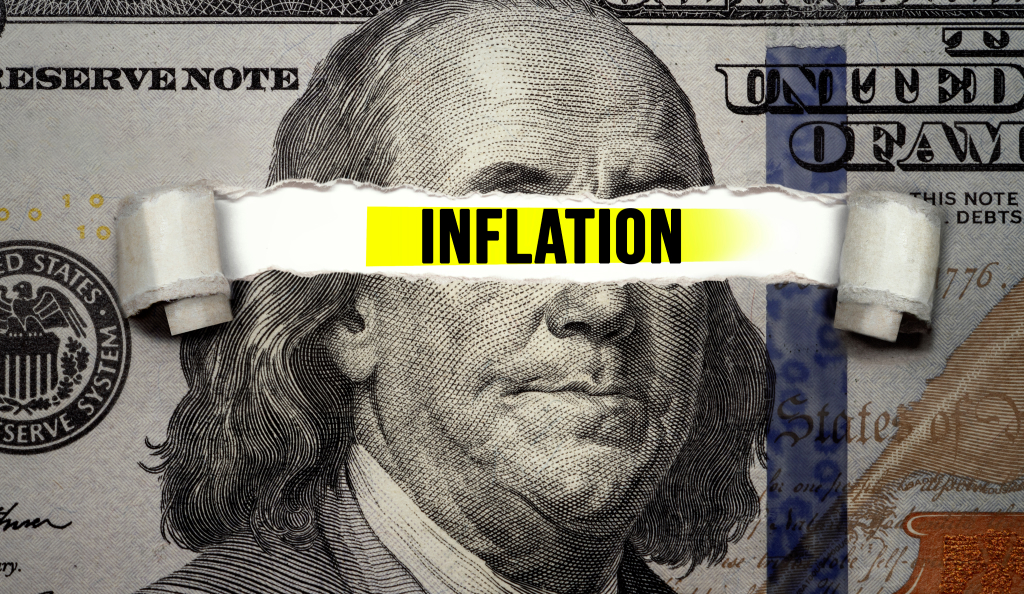Amazon Founder Jeff Bezos’s recent warning about the recession looming large and cautioning people to tread cautiously against big ticket spending sums up the sign of tough times.Who better to comment on the state of economy than the world’s richest man who can read the pulse of the people and the economy resulting in his advisory to tread cautiously against discretionary and big-ticket spending on cars, televisions and refrigerators during the holiday season.
The high inflation has nullified the strength of the strong dollar and its purchasing power in the domestic market. But for those with interests in other markets, which are experiencing similar inflationary trends and lower currency values against the dollar, it is more bang for the buck.
According to a report by consultancy major Deloitte, notwithstanding the high inflation, consumers continued to keep the economy chugging modestly. The third quarter data shows that the consumer income and spending, points to stagnant real income but higher spending as consumers continued to dip into their savings.
With the Government spending on the Covid-triggered stimulus to address slowdown ending, the real disposable income has come down now.
Most global economies are grappling with inflation, which reduces the value of money and its purchasing power and negates the benefits of a debt instruments, including deposits. For investors too, it is time to tread cautiously on new investments, particularly in equity markets.
One of the challenges most economies in the world are currently facing with relates to strong dollar against their currencies and the potential impact this has on a likely recession. Experts are of the view that rising interest rates boost the dollar thus having a cascading impact on import costs for other economies and thereby calling for tightening of their respective monetary policies. All these have resulted in higher interest rates, leading to long term increase in costs to payback. While dollar has strengthened, most currencies have fallen against the dollar and experiencing its unrelenting impact.
The Fed and other regulators continue to have a hawkish eye on the economic trends and the current volatile nature, constantly triggering more regulatory moves to address local economic issues and ease pressure on people. As things stand, it is clear that there are no quick fixes to the ongoing economic woes.




